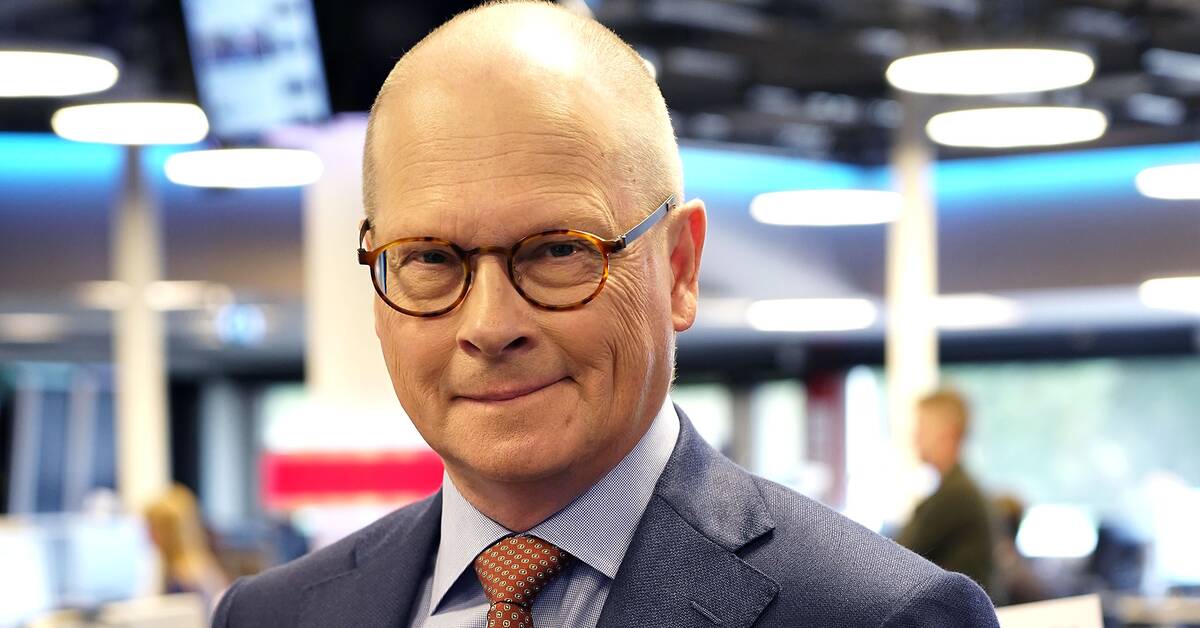On Tuesday, the party leader of the Riksdag met with Prime Minister Magdalena Andersson for a review of the situation after the Russian invasion of Ukraine.
Afterwards, it became clear that the Swedish government is currently not prepared to reconsider its position regarding freedom of alliance.
A NATO membership is not relevant, according to Prime Minister Magdalena Andersson.
In Finland, the NATO debate is already in full swing, and this is likely to be the case in Sweden as well.
At the same time, she opened up for the Prime Minister's message to supplement Sweden's security policy analysis.
Other parliamentary parties will participate here and it will be difficult for the government to keep the NATO issue out of that discussion.
The four bourgeois parties (M, KD, L and C) all want Sweden to join NATO and believe that the security policy situation right now creates such an opportunity.
Not at all, the Prime Minister counters and warns that it could rather destabilize the situation further.
The Sweden Democrats' attitude can have great significance in the Swedish NATO debate.
The party, which has so far been opposed to NATO membership, has signaled a turnaround in the issue, but has not yet specified how the new position will be formulated.
Should SD end up on the same side as the bourgeois parties, a majority will be formed in the Riksdag for a NATO membership.
Despite the government's no to NATO membership, the Prime Minister is opening up for ever closer military cooperation with the United States and Finland.
Exactly what this will result in is still unclear, but it may be that Sweden and Finland will have a special status as partners with NATO.
The government is also seeking support within the EU.
A letter from Finnish Prime Minister Sanna Marin and Swedish Prime Minister has been sent to other EU countries ahead of this week's summit.
The other Member States are reminded here of the so-called defense clause in the Lisbon Treaty, which is a form of constitution for the EU.
The clause stipulates that if an EU country is subjected to a military attack, other member states must assist "with all available means".
The fact that the Prime Ministers of Finland and Sweden send a letter of this kind to other Member States can be interpreted as a way for the Heads of Government to show agreement to the outside world, but also to emphasize the seriousness of the situation.
At the same time, on Wednesday, discussions will continue in the Defense Committee on how to strengthen the Swedish defense.
Prior to the meeting, the Armed Forces has sent a long wish list to the government with measures to strengthen its defense capabilities.
The list includes requests for the purchase of fuel and spare parts, but also a number of different types of ammunition, such as air defense robots, hunting robots and fine-caliber ammunition.
The Armed Forces also considers itself to need several different types of military vehicles, such as splinter-protected vehicles and tracked vehicles.
The list is long and will form a basis when the parties now have to settle for increases in defense funding.
The question, however, is how united the parties will be.
The bourgeois parties want the Swedish defense appropriations to be increased to two percent of GDP already by 2024 or 2025. This corresponds to a level increase of SEK 30-35 billion a year.
The Social Democrats have so far not put their foot down on the issue, but a message is expected to come during the negotiations.

